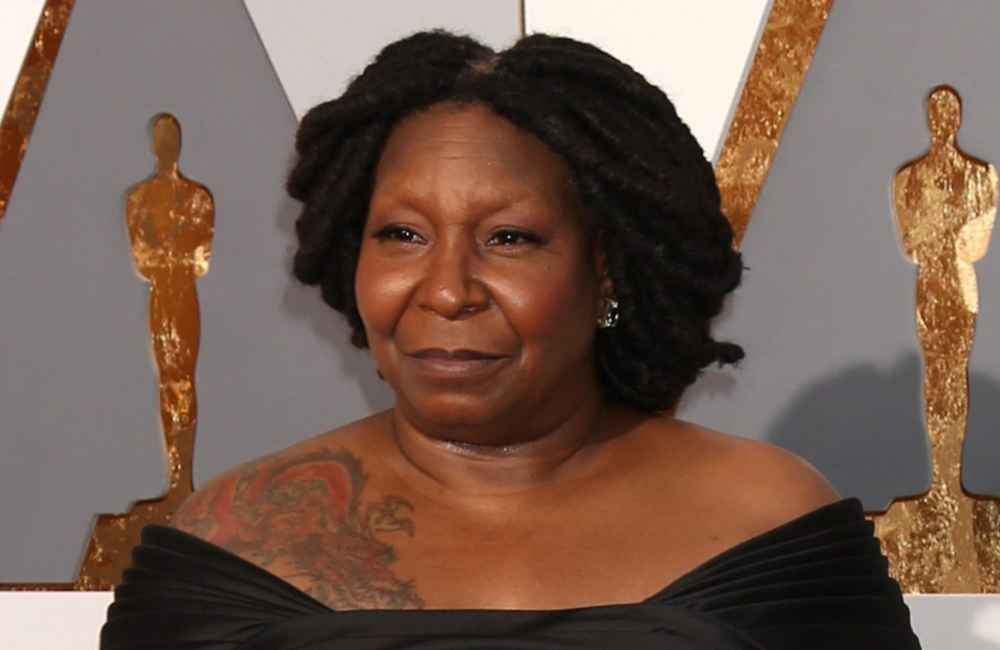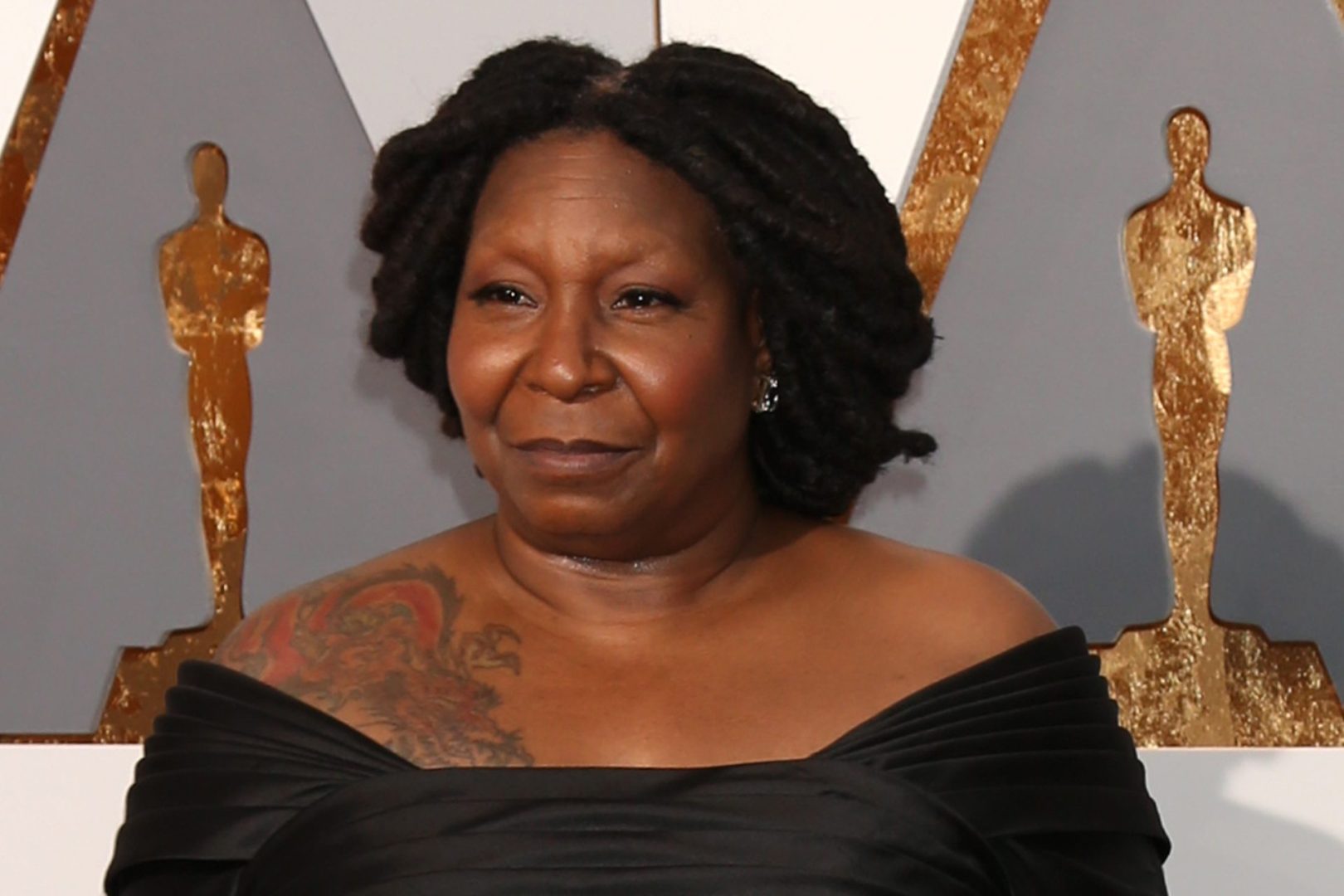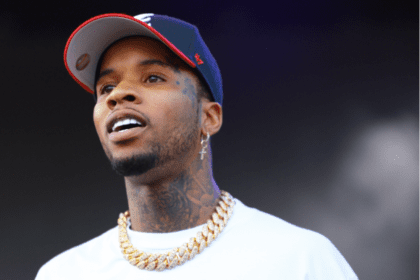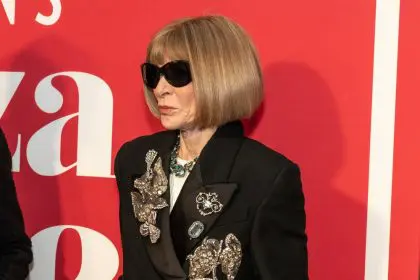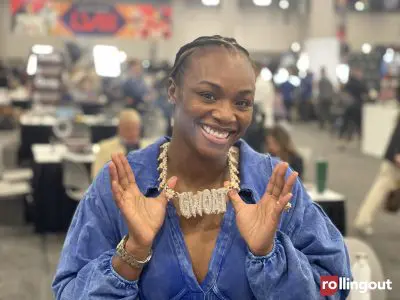“The View” co-host Whoopi Goldberg ignited controversy after claiming she’s a “working person” despite her $60 million net worth and annual salary of $5-6 million.
During a discussion about voter support for Donald Trump, Goldberg responded to co-host Sara Haines’ comments about working class appeal, stating, “I appreciate that people are having a hard time. Me too. I work for a living. If I had all the money in the world, I would not be here.”
Her remarks sparked immediate backlash on social media, with one TikTok reaction video garnering over 8.3 million views. Critics highlighted the disconnect between Goldberg’s wealth and average working-class experiences.
Media personality Perez Hilton defended Goldberg on X, writing, “She could never work again ever and be fine. But I like her honesty. If she had even more money, she wouldn’t be on ‘The View.’ I respect that.”
The controversy illuminates broader discussions about celebrity wealth and class consciousness. Social commentators note how public figures often struggle to address economic inequality while maintaining credibility with working-class audiences.
Industry analysts observe how such incidents affect daytime television ratings and public perception of hosts. Viewer data suggests increased engagement during controversial moments, though potentially at the cost of host credibility.
Media experts highlight how social media amplifies discussions about wealth disparity, particularly when celebrities attempt to relate to working-class struggles.
Public relations professionals note the challenges celebrities face when discussing economic issues, suggesting need for more nuanced approaches to class discussions.
Cultural critics examine how such incidents reflect broader disconnects between entertainment industry figures and their audiences.
The debate continues generating significant social media engagement, with viewers divided on the authenticity of wealthy celebrities discussing working-class experiences.
Sociologists analyze how celebrity wealth comments affect public discourse about economic inequality. Research indicates growing skepticism toward wealthy figures claiming working-class identity.
Television industry veterans note similar controversies affecting other daytime hosts, suggesting a pattern of disconnect between hosts and viewers on economic issues.
Audience demographics show varying reactions across age groups and income levels. Younger viewers express particular criticism of wealthy celebrities discussing financial struggles.
Marketing experts study how such incidents influence show sponsorship and advertising relationships. Brand managers increasingly consider host comments about economic status when making placement decisions.
The controversy highlights evolving expectations for public figures discussing class issues, with audiences demanding greater acknowledgment of privilege and wealth disparities.
Digital engagement metrics reveal sustained discussion weeks after initial comments, indicating deeper resonance with ongoing debates about wealth inequality in America.

